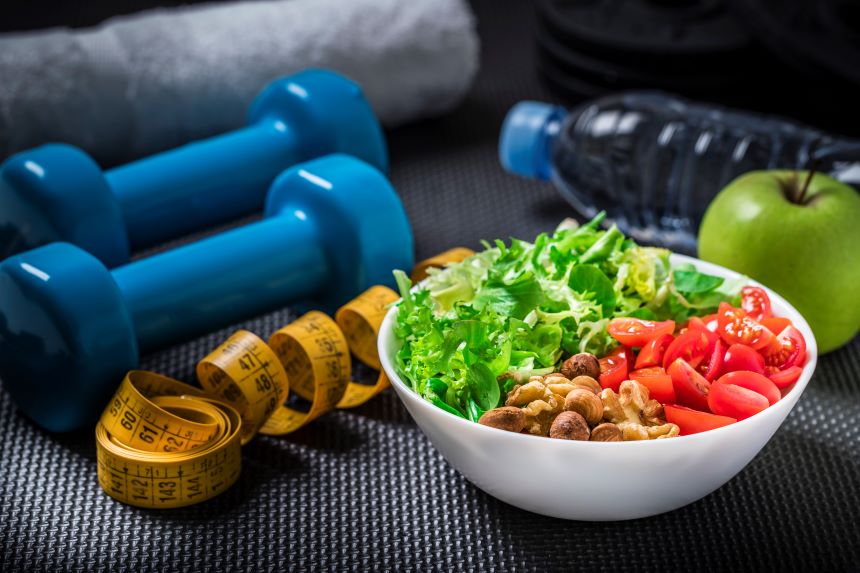Want to know when to best fuel your body using a protein shake? It’s right after you work out. When you supplement with a protein shake, you ingest the materials your body needs the most after working out.
To better comprehend the importance of protein supplementation and exercise, we must understand two components of our metabolism: anabolism and catabolism.
Catabolic processes involve breaking down large, complex materials (like food) to smaller, simpler molecules. Anabolism is just the opposite of this. Anabolic processes involve our body taking small, simple molecules and building them up into larger, more complex ones. Put simply, catabolic processes release energy and anabolic processes require energy.
Exercise is catabolic in nature. Without proper diet or supplementation, our bodies will stay in a catabolic state. In order to benefit the most from our training sessions, we need to get our bodies out of this state as soon as possible.
By supplementing with protein shakes, we can bring our body back into an anabolic state. For the first hour following a workout, we are in a period of time called an “anabolic window.” This is when we can have the greatest influence on our muscle protein synthesis (where protein is produced to repair muscle damage caused by intense exercise).
Because of this, it is ideal to supplement with protein immediately post-workout. A protein shake after a workout can lead to greater strength gains and increased muscle.
Can I Have Too Much Protein?
In general, is there such a thing as too much protein? Recent studies suggest high-protein diets may not be as harmful as previously thought.
While the Recommended Dietary Allowance for protein is 0.8g of protein per kg of body weight a day (0.8g/kg/day), it just isn’t enough for most people, especially if they live an active lifestyle. In order to keep our bodies in an anabolic state, we need to provide it with necessary macronutrients. Physically active individuals should ingest more protein on average per day (approximately 1.2-1.7g/kg/day of protein), according to the American College of Sports Medicine (ACSM).
Aging individuals may need higher protein intake as well. As we age, we experience a blunted response in muscle protein synthesis (our ability to repair damaged muscle). Because of this, individuals over the age of 50 should ingest at least 1.0g per kg of body weight of protein a day, the ACSM recommends.
Variety Is Key
While protein shakes are certainly convenient, they should not take the place of all protein needs in your diet. It’s important to vary your sources of protein while also prioritizing lean meat choices such as chicken, ground turkey and bison.
1 Workout = 1 Shake
I believe every gym-going individual should utilize protein shakes. It can lead to increased lean body mass and greater strength gains.
For those wondering what kind of protein powder is best to supplement with, a good place to start is with whey protein. There’s a reason for this: Whey protein has a rapid absorption rate, which is unmatched compared to other protein sources (both whole foods and alternative powders). As we increase our muscle mass, we boost our metabolism. A boost in our metabolism means more calories burned at rest!
To start enjoying the benefits of protein shakes, just mix 20-30 grams of your favorite whey protein powder into a smoothie, low-fat milk or water and enjoy immediately after your workout.
Learn More About the Orlando Health National Training Center
The Orlando Health National Training Center, on the campus of Orlando Health South Lake Hospital, provides comprehensive wellness programs, events and training services to support our community and athletes in their achievement for health and performance excellence.
Learn more










